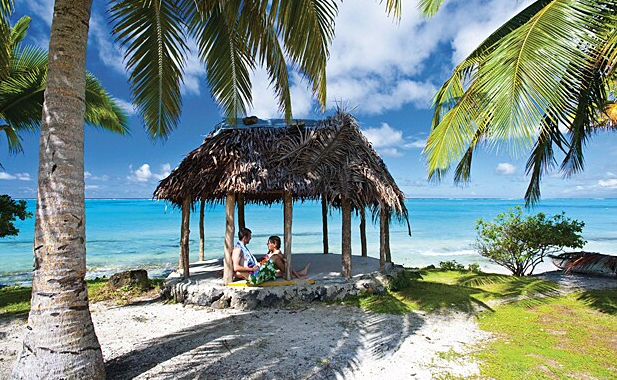Samoa, also known as the Independent State of Samoa, is a sovereign island nation located in the South Pacific Ocean. It is located about halfway between Hawaii and New Zealand, and consists of two main islands – Upolu and Savai’i and smaller islands – Manono and Apolima. The country has a total land area of approximately 2,831 square kilometers and a population of around 200,000 people.
Samoa has a rich cultural heritage that has been shaped by its history and geography. The Samoan people have a strong sense of community and place great importance on traditional customs and practices, such as fa’a Samoa (the Samoan way), which emphasizes respect for elders, family values, and communal living.
The country’s economy is largely driven by agriculture, with coconut products, cocoa, and taro being among the main exports. Tourism is also an important industry, with many visitors attracted to Samoa’s natural beauty, including its white sand beaches, crystal clear waters, and lush rainforests.
Samoa has a unique political system, with a parliamentary democracy and a mixed legal system that incorporates elements of both common law and customary law. The country gained independence from New Zealand in 1962, and has since developed into a stable and peaceful nation. The Samoan people are known for their warm hospitality and friendly nature, making Samoa a popular destination for tourists and travelers from around the world.





